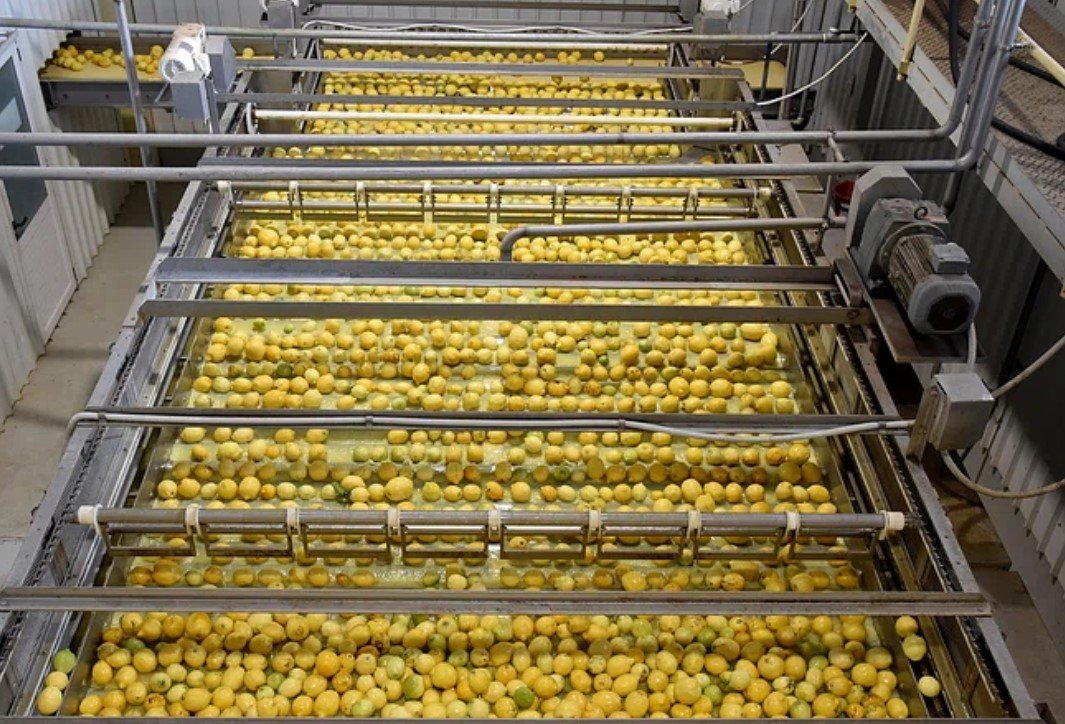In the heart of Lincolnshire, a revolution is brewing in the food manufacturing sector. Janet Bellamy, an Associate Professor at the National Centre for Food Manufacturing in Holbeach, is spearheading a movement that could redefine the industry’s future. Her recent talk on green manufacturing not only highlighted the innovative strides being taken but also set the stage for a sustainable transformation powered by military technology.
The concept of green manufacturing is not new, but its application in the food industry is gaining unprecedented momentum. At a recent event, Bellamy discussed the potential of the UK Food Valley, a hub of food and farming businesses, centres of excellence, and specialized facilities. This collective aims to foster growth and sustainability, propelling businesses towards a greener horizon.

Bellamy’s presentation delved into Project Butterfly, an initiative where aerospace and automotive companies collaborate with manufacturers to share technologies and data tools aimed at reducing energy consumption. This project, part of the UK Research and Innovation’s Sustainable Smart Factory competition, is a testament to the power of cross-industry collaboration in achieving carbon emission reduction goals.
The event also served as a platform for businesses to connect and address common challenges such as sustainability, innovation, and technology. Bellamy emphasized the importance of these connections, stating, “Relationships are key to collaboration, and for collaboration, you just need that first introduction.”
Innovations in Agriculture and Technology
The synergy between agriculture and technology was a focal point of the event. Dr. Ben Murphy from B-Hive Innovations spoke about using military underground sensing to detect potato yield, showcasing how defense technologies can find new life in agriculture.
Dyson Farming’s Richard Meredith shared insights into innovative farming practices for the future. Their approach involves working closely with Dyson engineers to leverage new technology and produce responsibly at scale. Their anaerobic digesters, for example, use crops grown on the farm to generate enough energy to power 10,000 homes, illustrating the practical applications of green technology in farming.
The Road Ahead for Food Manufacturing
The event concluded with a forward-looking perspective on the food manufacturing industry. The discussions underscored the need for continued innovation and the adoption of smart technologies to meet the growing demands for sustainability.
As the industry moves forward, the role of education and research becomes increasingly crucial. Institutions like the National Centre for Food Manufacturing are at the forefront of this educational revolution, equipping the next generation of food industry professionals with the knowledge and tools to continue this green journey.
















